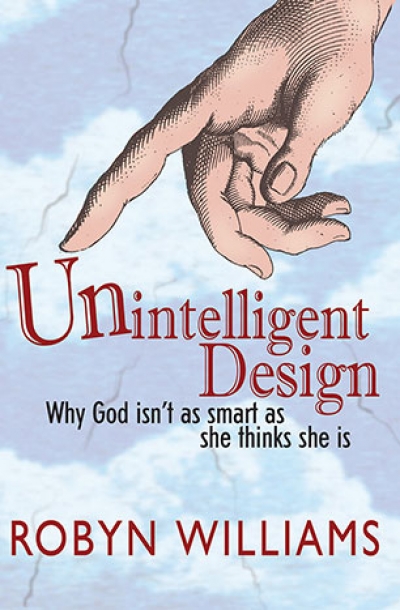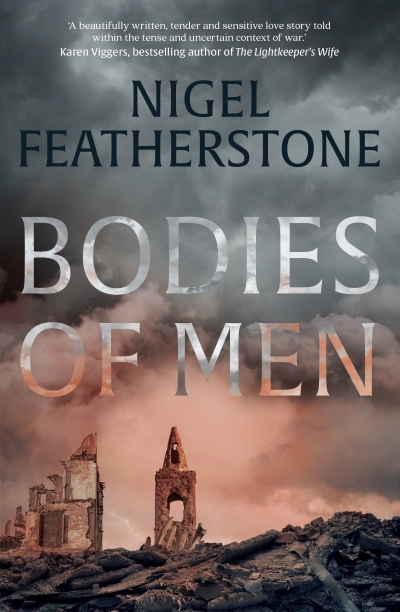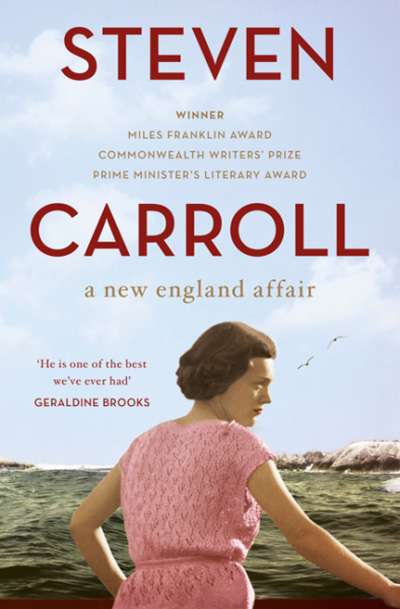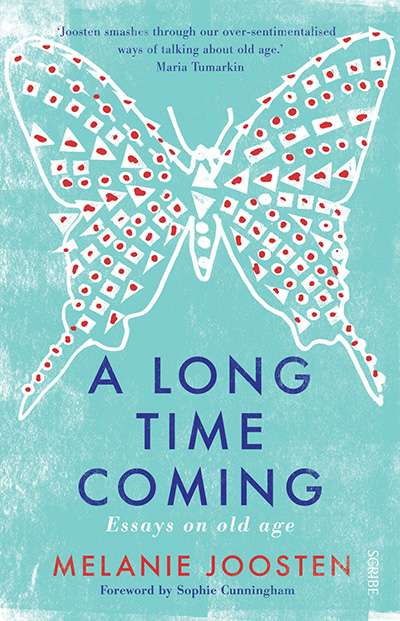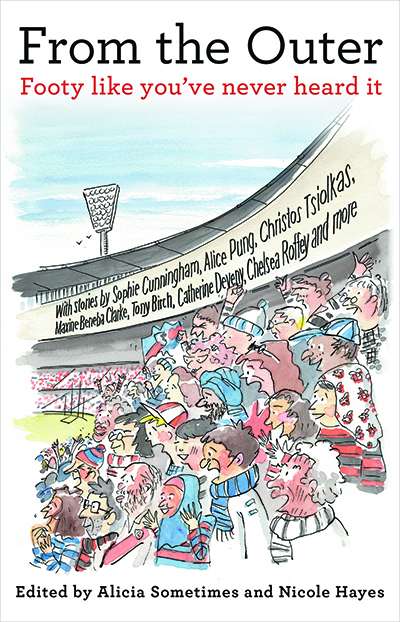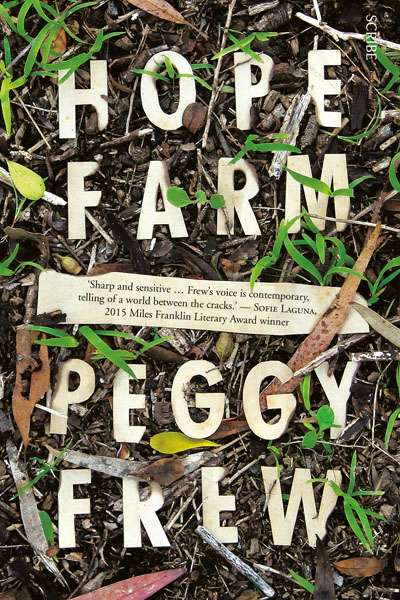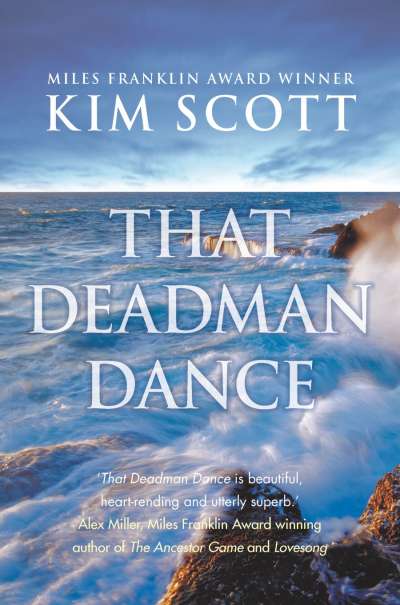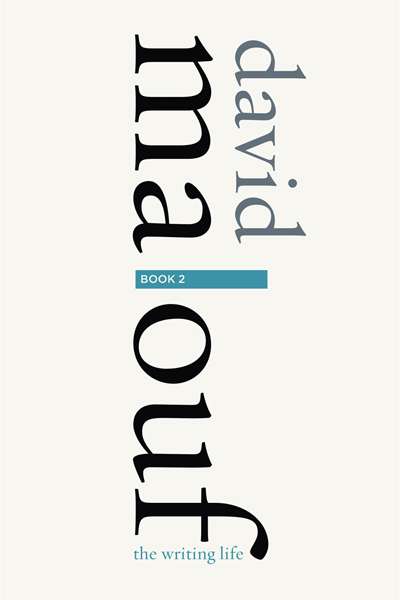Patrick Allington

Patrick Allington was the recipient of the inaugural ABR Patrons’ Fellowship, worth $5000. His novel, Figurehead (Black Inc. 2009), was longlisted for the Miles Franklin Literary Award. His short fiction and book criticism appears in Australian newspapers, magazines, and journals, including regularly in ABR.
Douglas Adams’s The Hitchhiker’s Guide to the Galaxy (1979) suggests that the Babel fish, which, when inserted into the ear, offers instant translations of any alien language, cannot have evolved by mere chance. Similarly, proponents of Intelligent Design (ID) argue that, as Robyn Williams summarises, ‘there are parts of the natural world so complex and engineered with such precision that on ... (read more)
From its raw and revelatory prologue, Nigel Featherstone’s novel Bodies of Men offers a thoroughly humanising depiction of Australians during World War II. In telling the story of two soldiers, William – too young to be a corporal – and his childhood friend James, Featherstone reflects upon the brutality, drudgery, and absurdity of war but also on the two men’s love and regard for each oth ... (read more)
In his fiction, Steven Carroll stretches and slows time. He combines this with deliberate over-explaining and repetition, the echoing of memories and ideas, coincidence, and theatricality. A distinctive rhythm results: when reading his work, I often find myself nodding in time to the words. Occasionally – and it happens now and again in his new novel, A New England Affair – the prose starts to ... (read more)
Melanie Joosten begins the introduction to A Long Time Coming, her book of essays about ageing, by quoting Simone de Beauvoir: 'let us recognise ourselves in this old man or in that old woman'. In doing so, Joosten makes a plea for heightened empathy towards older people, but she goes on to make it clear that empathy without action – without changed perceptions, changed behaviour – is insuffic ... (read more)
'With time,' writes Australian Rules Football goal umpire Chelsea Roffey, 'I wrapped my lady brain around the mathematics of scoring.' Roffey's account of being an élite football official doubles as a sharply funny take on the progress the AFL community has – and hasn't – made in its approach to gender. Employing a sequence of well-aimed one-liners, Roffey gets the sarcasm level just right, a ... (read more)
'I try to imagine going back': so begins a story about a woman remembering her childhood even when it seems she would just as soon forget it. Hope Farm is Melbourne writer and musician Peggy Frew's second novel. Her terrific début, House of Sticks (2011), was about, among other things, contemporary parenthood and the rhythm of conventional and unconventional lives. Hope Farm explores similar them ... (read more)
Kim Scott noted in 2001 that the biographical notes accompanying his first two novels (True Country, 1993, and Benang: From the Heart, 1999) changed from ‘Kim Scott ... of Aboriginal and British ancestry’ to ‘Kim Scott ... one among those who call themselves Noongar’. Scott probed his self-identification to make a more confronting point: ‘There’s a shift in a sense of self. It indicate ... (read more)
The shortlist for the 2011 Miles Franklin Literary Award, which included Kim Scott’s That Deadman Dance, was controversial because it consisted of only three novels, all written by men. The exclusion of women writers for that year itself was noteworthy: for example, Fiona McGregor’s fine novel of Sydney, Indelible Ink (Scribe), did not even appear on the longlist. The 2011 shortlist served als ... (read more)
In appraising the poet Peter Porter, David Malouf writes that ‘the world we inhabit is a vast museum – call it History, or Art, or the History of Art. For Porter, the exhibits were still alive and active.’ So it is with Malouf himself: his world includes Ancient Greece, the Roman Empire, the awful and bloody twentieth century, a Brisbane childhood, and much more – including an abiding inte ... (read more)


